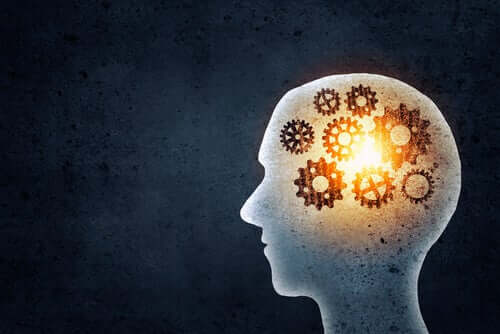There are so many studies that support this idea that there is no doubt: there is a cognitive deterioration related to age, in that sense, what would we achieve by bringing our memory? Was there any benefit? Would they be short-term or, on the contrary, would they be maintained over time?
Age does not affect all people or all types of memory in the same way. It is best to preserve procedural memory or memory related to ancient and emotionally intense memories. In contrast, working memory is usually the most compromised.
- Problems with shared attention.
- Forgetting recent events.
- Inappropriate use of coding strategies.
- Omission or misuse of verbal or visual signals to retrieve information.
- As well as a negative perception of their own performance and ability to improve have also been identified (Craik.
- 1977; Parkin.
- 1987; Montenegro 1998a).
So today we want to know: what do we gain by uniting our memory?
“The memory exercised is a more valuable guide than genius and sensitivity. “Friedrich von Schiller?
The term “learning memory” is a modern concept known for centuries as the art of memory. His first appearance was as Simonides de Ceos (Greek poet – 468 BC) and the Loci method.
Subsequently, other authors used terms such as artificial memory and natural memory, memory with images, memory related to magic and philosophical and ideological content, etc.
Memory training shows beneficial effects in both healthy older people and older adults with cognitive impairment. In addition, there are currently many memory interventions, such as rehabilitation, stimulation and training.
In 1970 several programs and studies focused on memory training began to be developed to cope with trauma losses, early dementia, aging, etc.
Different means are used in current interventions, such as stimulation, group therapy, rehabilitation, relearning or computer rehabilitation.
However, the use of one tool or another depends on the needs of the person but also on the means and knowledge available to the professional.
“We must train the mind in the same way that we learn to train the body. “Elsa Punset?
The two most common terms are rehabilitation and training. Training consists of systematically teaching the knowledge, use and mastery of the processes, strategies, techniques and experiences involved in the functioning of memory and in improving its performance.
Rehabilitation involves intervening to recover a good level of functioning (personal, social and professional) after a certain disease that has caused an injury or functional deficit.
Rehabilitation is therefore used with sick people, and training is a term that can be applied to sick and healthy people.
The training is also used with people who have changes that, without having a disease, “can be the subject of clinical attention”, as the DSM-V (2013) says??Age-related memory loss from age-related cognitive impairment?Etc?.
“Memory is the sentinel of the brain. ” ? William Shakespeare?
Memory training can be categorized according to several criteria (Montejo Carrasco, 2015):
For older people, group training is often chosen. With this, in addition to memory, it is possible to strengthen the social context, in which the elderly also face significant losses: friends and acquaintances of the same generation.
In addition, the generalization in daily life and the transfer of the results of the trained functions are better this way, this methodology is preferable because of the effects that the group gets, in addition in terms of investment is more profitable: you can work with more people in less time.
“We improved the memory when we used it and enjoyed it”. Juan Luis Vives?
It seems that certain areas of our brain are able, with training, to accumulate some cognitive reserve that protects us from age-related deterioration.
At the time, neuroscientist Rita Levi-Montalcini said: “Brain plasticity or neuroplasticity remains constant throughout life; while we exercise our brains?.
Thus, by training our memory, we are making a profitable investment against age-related cognitive decline, the most optimistic data suggest that this can have a positive impact on 63% of cases and act as a protective factor in up to a third of cases. Alzheimer’s cases.

